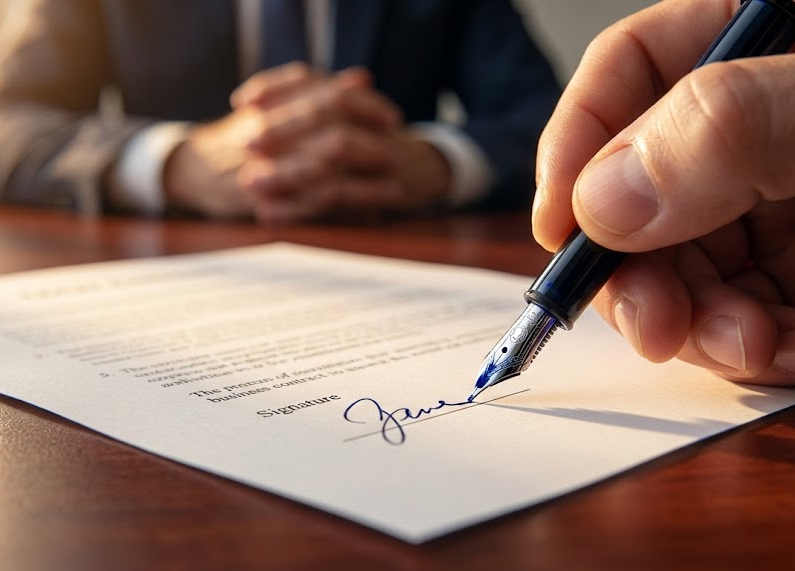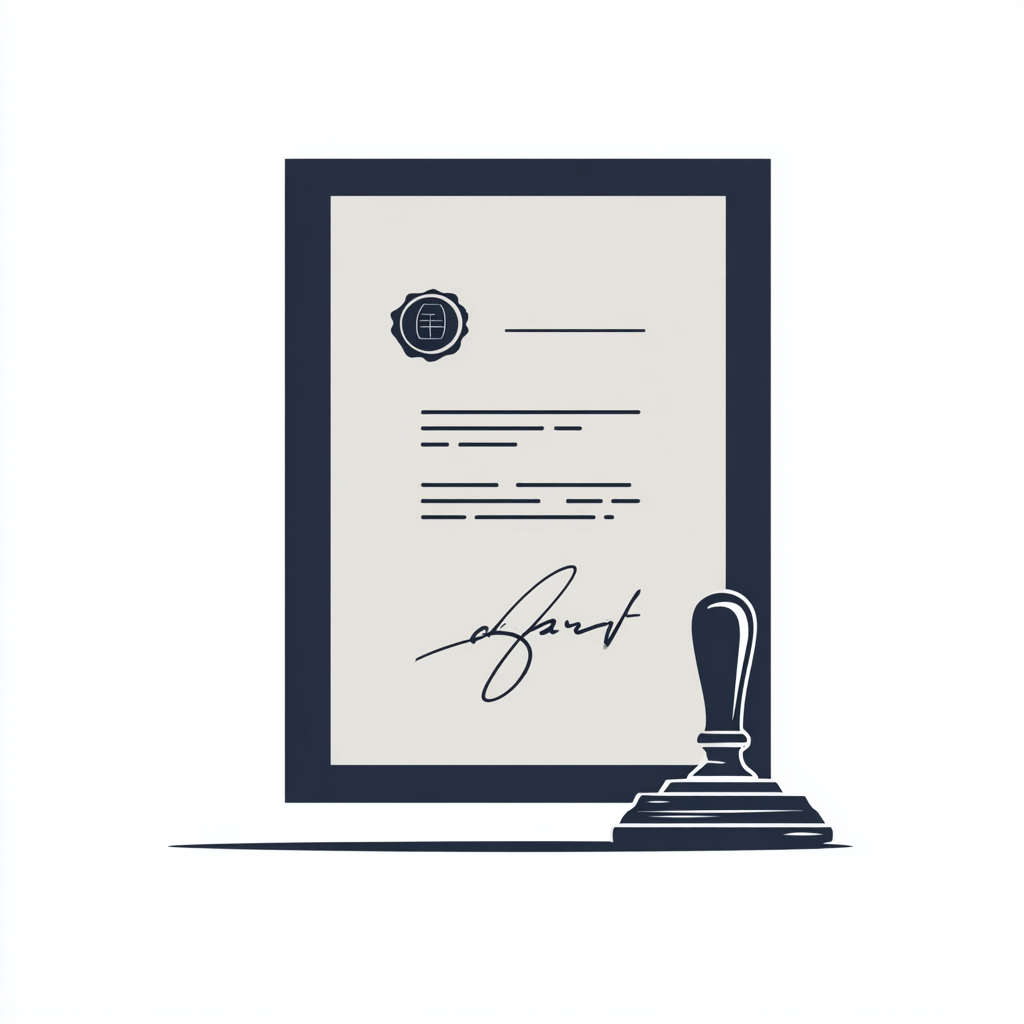When it comes to safeguarding valuables, few options are as secure as a safe deposit box. These locked, fire-resistant, and tamper-proof containers, housed within the vaults of financial institutions, offer unparalleled protection for your most important possessions. But what exactly should go in it? How do we make a list of contents in a safe deposit box?
These questions are essential to ensure that it serves its purpose without any legal or practical complications. Today, we’ll delve into the items worth including, the ones better kept elsewhere, and tips to maximize the utility of your safe deposit box.
Read also: Learn how to certify a photocopy here!
What is a safe deposit box?
A safe deposit box is a secure storage unit rented from a bank or financial institution. It’s typically used to store physical items of value, such as documents, jewelry, and irreplaceable mementos.
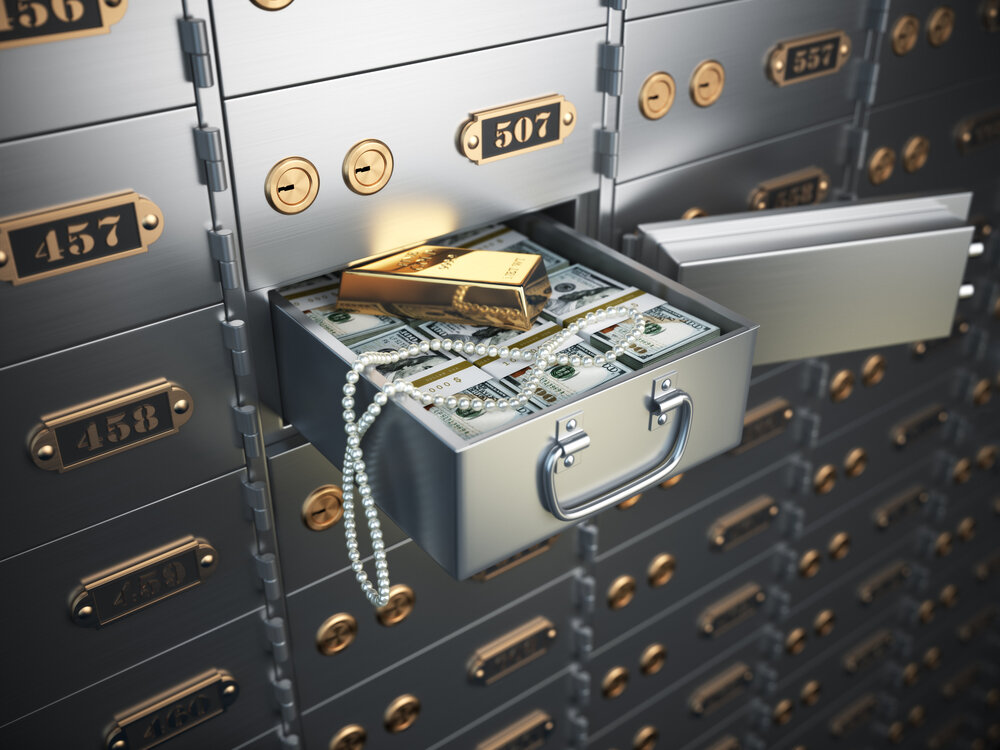
These boxes are protected by both the institution’s security measures and the renter’s own key or passcode, ensuring that unauthorized access is nearly impossible. This means that, by curating a thoughtful list of contents in a safe deposit box, you can better protect your assets and gain peace of mind.
So let’s see how it’s done.
But why is a safe deposit box important in the first place?
Well, because safe deposit boxes provide a secure haven for your most prized possessions, offering protection against a range of threats. Some of them include:
- Theft: Safe deposit boxes are housed within heavily secured bank vaults, equipped with advanced security measures like surveillance systems, alarm systems, and robust physical security. This significantly reduces the risk of theft compared to storing valuables at home.
- Fire: Bank vaults are typically constructed using fire-resistant materials, offering superior protection against fires that could destroy valuables stored at home.
- Natural Disasters: Earthquakes, floods, and hurricanes can devastate homes and businesses, leading to the loss of irreplaceable items. Safe deposit boxes within bank vaults are generally less susceptible to damage from these natural disasters.
- Water Damage: Leaky pipes, floods, and even heavy rain can damage valuable documents and possessions stored at home. Safe deposit boxes provide a dry and secure environment.
- Intrusion: In the event of a home burglary, safe deposit boxes offer a secure refuge for valuables, preventing them from falling into the hands of criminals.
However, not all items belong in a safe deposit box: the key is to store irreplaceable and essential items that you don’t need immediate access to. We’ll narrow them down.
Essential items for a safe deposit box
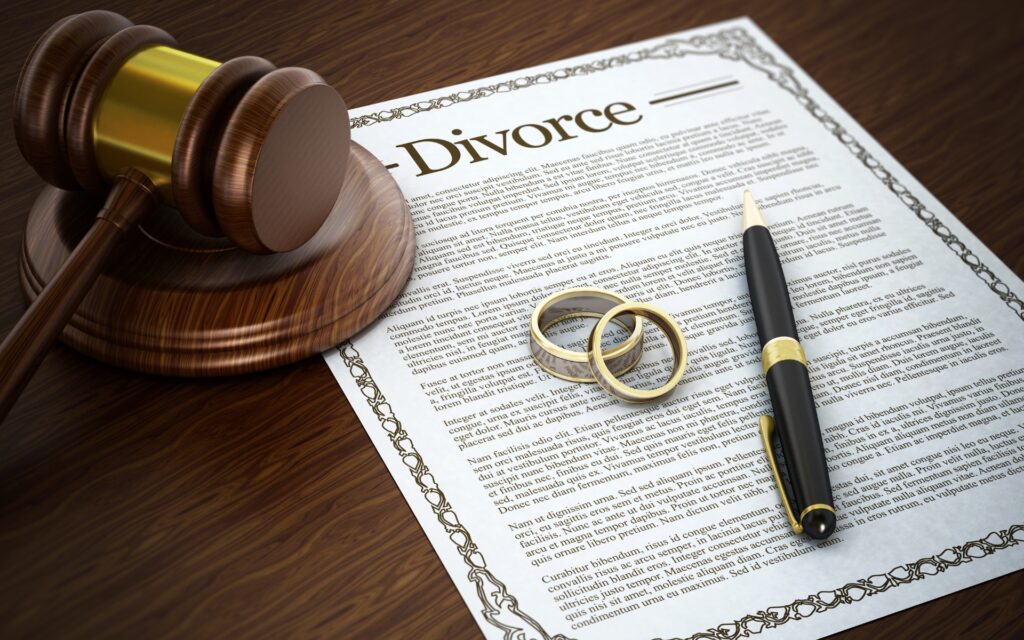
When considering the list of contents in a safe deposit box, prioritize items that are irreplaceable or legally significant. Below are our top recommendations:
1. Legal Documents
- Birth and Marriage Certificates: These foundational records are critical for identity verification and legal proceedings.
- Property Deeds and Titles: Protect ownership documents for real estate, vehicles, and other valuable assets.
- Wills and Trusts: Ensure that copies of these documents are stored securely. However, it’s vital to keep the original accessible to executors, as banks may restrict access after the box holder’s death.
2. Financial Records
- Investment Certificates: Keep stock certificates, bond documents, or other investment-related records safe.
- Backup Savings Documentation: Include account details for accounts that require hard-copy proof of ownership.
3. Valuable Items
- Jewelry: Store family heirlooms or high-value pieces that are not worn frequently.
- Collectibles: Items like rare coins, stamps, or artifacts that have significant monetary or sentimental value.
- Precious Metals: Gold, silver, and other valuable metals are commonly stored in safe deposit boxes for long-term security.
4. Backup Copies of Digital Data
- A USB drive or external hard drive containing copies of critical digital files, such as family photos or sensitive business data, can be a smart addition to the list of contents in a safe deposit box.
5. Sentimental Keepsakes
- Letters, photos, or other items with immense sentimental value but no need for daily access often find their place in a safe deposit box.
What items should you avoid?
As said earlier, not everything belongs in a safe deposit box. Some items require immediate access or could present challenges in emergency situations – so when building your list of contents in a safe deposit box, consider avoiding the following:
Cash
While cash is a valuable asset, it is better stored in a high-yield savings account or other financial instrument that earns interest. Additionally, accessing cash from a safe deposit box can be time-consuming.
Passports
Although passports are important, they’re often needed on short notice for travel. Keeping them in an easily accessible but secure location at home is advisable.

Medical Directives and Power of Attorney Documents
These documents are crucial in emergencies and should be immediately accessible to your designated representatives.
Illegal Items
Storing contraband or illegal substances in a safe deposit box is not only prohibited by banks but could also lead to serious legal consequences.
Original Will
While a copy of a will is essential, the original document must be accessible to your executor to avoid delays in probate proceedings.
How to organize the list of contents in a safe deposit box
To ensure the safe deposit box is as effective as possible, organization is key. For that, our tips include:
Keep an Updated Inventory
Create a detailed inventory of everything stored in the box, including descriptions, serial numbers, and estimated values. Share this inventory with a trusted individual, such as a family member or attorney.
Use Labels and Dividers
Group similar items together using folders, pouches, or envelopes. Label everything clearly to make retrieval easier.
Review Periodically
Revisit the contents annually to ensure they remain relevant and aligned with your current needs.
Accessibility considerations over time
Accessing a safe deposit box requires the authorization of the renter and sometimes a secondary key or passcode. To ensure uninterrupted access among people in your circle, consider the following:
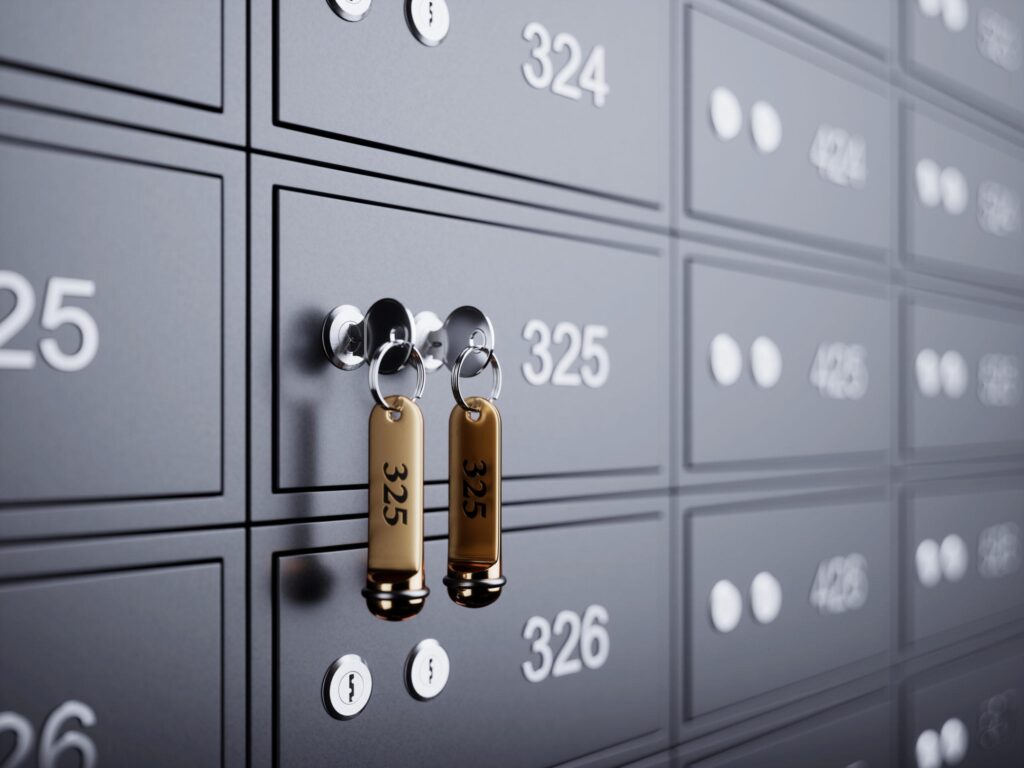
Joint Access
Add a trusted individual, such as a spouse or adult child, as a co-renter to the safe deposit box. This arrangement ensures access if the primary renter becomes unavailable.
Proper Documentation
Ensure executors, attorneys, or other representatives are aware of the safe deposit box and its location. Provide them with the necessary authorization documents.
Emergency Situations
In emergencies, access to a safe deposit box may be delayed due to bank hours or procedural requirements. Store emergency items, such as medical directives, elsewhere for quicker access.
Legal implications of a safe deposit box
Understanding the legal aspects here is crucial. Ownership, access, and inheritance can all impact the use of the box. For example:
- When the box owner passes away, accessing its contents can become complicated. Banks often require legal documents, such as a death certificate or court order, before allowing entry.
- Adding a co-owner to the box can simplify access after death. However, co-owners can access the box at any time, so choose them carefully.
- The contents of a safe deposit box are not insured by the bank. Consider separate insurance policies for high-value items stored in the box.
Benefits of consulting a professional notary

If you are unsure about what to include in your list of contents in a safe deposit box, consulting a notary or legal specialist can provide clarity. Professionals can help you:
- Identify essential documents and valuables for storage;
- Navigate legal complexities related to safe deposit boxes;
- Ensure proper documentation for seamless access in the future.
Additionally, ensuring proper access and legal arrangements can prevent complications for you and your loved ones. That’s where we come in.
For assistance with notarizing documents or addressing legal concerns related to safe deposit boxes, including certifications, Mobile Notary Orlando offers expert services tailored to your needs. Whether you’re setting up your safe deposit box for the first time or revisiting its contents, our team is here to provide guidance and ensure your peace of mind. Contact us today to learn more!

